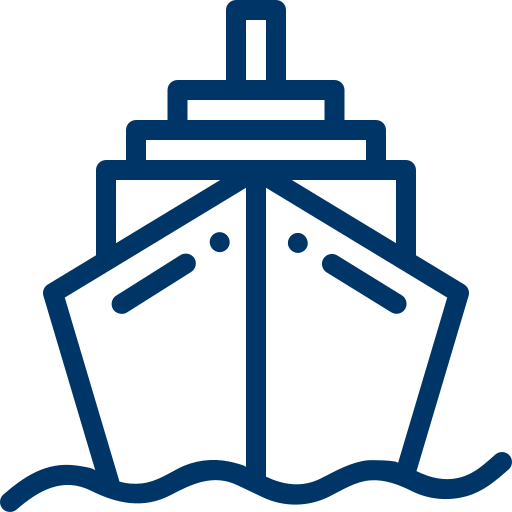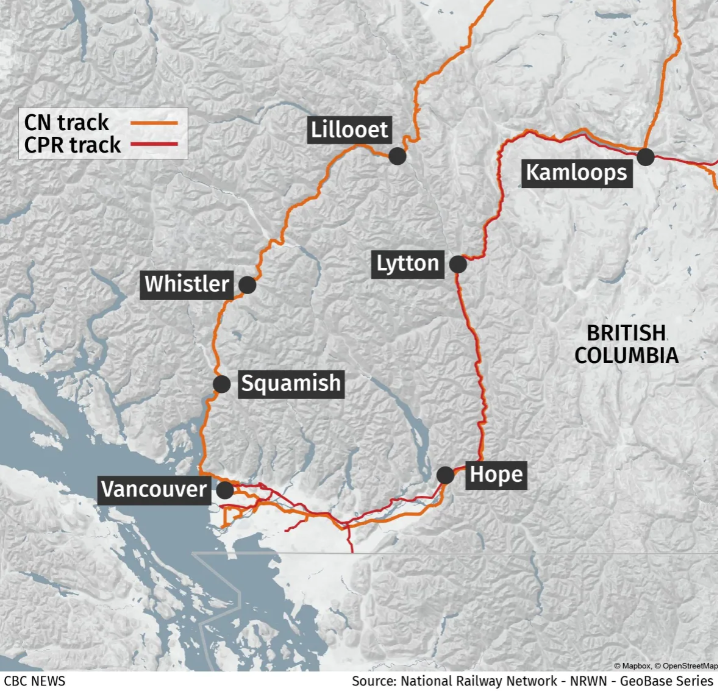Significant delays are afflicting shipments en-route by rail to Canada’s west coast, as thousands of rail cars are backlogged due to wildfires in southern British Colombia (BC) active since late June. Beginning on July 09th the Canadian government ordered a 48hr halt to train movements in BC due to damaged rail Iines as well as to reduce the risk of sparking additional wildfires. While CN and CP rail were reportedly able to resume some traffic through the area this week, according to the Ag Canada Coalition, a consortium of Canadian grain producers, it “could take weeks” for the transport situation to return to normal operating capacity. There are also reports that rail traffic has once again been halted as fires are still active in Southern BC and so the situation remains uncertain.
Beginning in June a “Heat Dome”, or high pressure area which traps hot air over an expansive area, descended upon Canada’s western provinces and parts of the western United States. Across British Columbia all-time high temperature records were broken— and then re-broken as temperatures continued to climb to unprecedented levels. The small town of Lytton, through which both CN and CP rail lines pass, experienced the highest temperatures ever recorded in Canada for 3 consecutive days, eventually reaching 49.5C on June 29th. Only one day later, on June 30th the town was destroyed by wildfire which also caused significant damage to the rail lines in the area. These high temperatures have created extremely dry conditions throughout the province and there remains an elevated risk of wildfires.





